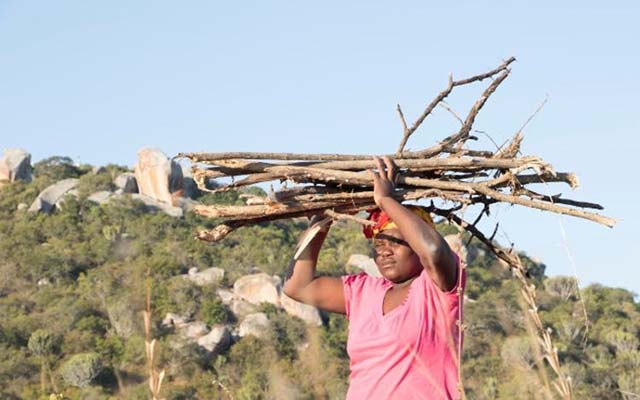Zesa targets Zambia power for Kanyemba

Golden Sibanda Senior Business Reporter
ZESA has applied to Zambia’s power utility, Zesco, for permission to import an unspecified amount of electricity to feed the Kanyemba area, Mashonaland Central Province, north of Zimbabwe. This comes as the Mbire Rural District Council, under which Kanyemba Rest Camp falls, has made tremendous progress in transforming the predominantly rural tourist resort into a modern centre.
Mbire has applied for Special Economic Zone status for Kanyemba. With huge investment and development expected to flow into Kanyemba, across the sectors and sub-sectors of tourism, agriculture, mining, construction, infrastructure, real estate, hospitality and education, demand for power will grow dramatically. Government is also developing a modern border post to connect, first with Zambia, through a Pontoon serviced in-land port, and later a proper Y-bridge to enable unfettered access to Zambia and Mozambique. This will significantly increase human and vehicular traffic. But the challenge at the moment is that such development may be hindered if critical services such as power are not brought to the area, which promises to generate remarkable economic value for the country, create employment and improve standard of living in the district.
Mbire is set to undergo massive transformation following its separation in 2005 from Guruve to become a standalone rural district council, although it had remained in the shadows of Guruve. Rungano Gapa, an engineer with Zesa, said the utility encountered technical difficulties in drawing power from either Mushumbi Pool, 105 kilometres away or Mvurwi, about 130km from Kanyemba.
“We have sent an application to import power from Zambia. The application is what we are actively pursuing,” Eng Gapa said. The nature of the technical difficulties Zesa has faced to connect Kanyemba to the national electricity grid could not be immediately established. But an option to import depends on Zesa’s counterparts being able to pool power from the mainland to Luangwa, which is near the border with Zimbabwe. It also depends on how much Zambia will be able to supply. The country has recently been facing serious shortage of power.
Zesa has also been battling to mobilise foreign currency to pay for electricity from Eskom of South Africa to augment limited local power production. It has an agreement with Eskom to import up to 300MW. Eng Gapa said once Zambia approved the application for imports and the Rural Electrification Agency put in place the critical infrastructure, Zesa would immediately move to supply the power, which would require it to build a 750KvA to 800KvA transmission line.
This is based on the amount of power that would be required. The Ministry of Transport and Infrastructure Development and the District Development Fund, are also working around the clock to rehabilitate all major roads in the district to improve accessibility and investment in the district. Mbire Rural District Council chief executive Cloudius Majaya, said they had applied to the Special Economic Zones Board for SEZ Status to qualify for incentives and conditions that will make Kanyemba attractive to investors, specifically targeting tourism and livestock areas. In fact, a tourism and investment conference has been scheduled from the 23rd to 25th next month to discuss the opportunities Mbire presents. It has 17 administration wards, four chiefs and five headman and a total of 20 000 households and population of 90 000 people.
“What we have done so far is that we have approached the chairperson Dr Gideon Gono, to assist us in getting special economic zone (status) for Kanyemba. We have already made an application to them and they have requested us to provide them with some information, which we are currently working on,” he said.
“The reason why are applying for a special economic zone is to try and promote Kanyemba in particular as a tourist destination, but also promoting Mbire in general as an investment destination,” he said.
“For now we have two areas that we want to put under special economic zone; first is Kanyemba and the second one is Mushumbi. For Kanyemba we are concentrating on tourism for Mushumbi, we are looking at livestock and cotton ginning,” Mr Majaya added. He said the SEZ status will reduce the costs of establishment and doing business, which would then attract investors the district and specifically the targeted industries of tourism and livestock production. Mr Majaya said they wanted investors to see Mbire as a prime investment place, as was endowed with boundless natural resources. Plans to construct a Pontoon Bay on the Zimbabwe side will increase traffic and economic activity between Zimbabwe, Zambia and Mozambique, which have three locations at the confluence of Zambezi River and Luangwa River, which also divides Zambia and Mozambique. Construction of the bay will start next month and end in December. Against this scenario, the Mbire Rural District Council is on a drive to attract investment, which will result in massive infrastructure development by private investors and Government agencies. The governments of Zimbabwe, Zambia and Mozambique have plans build proper facility for access into or from these countries.










Comments